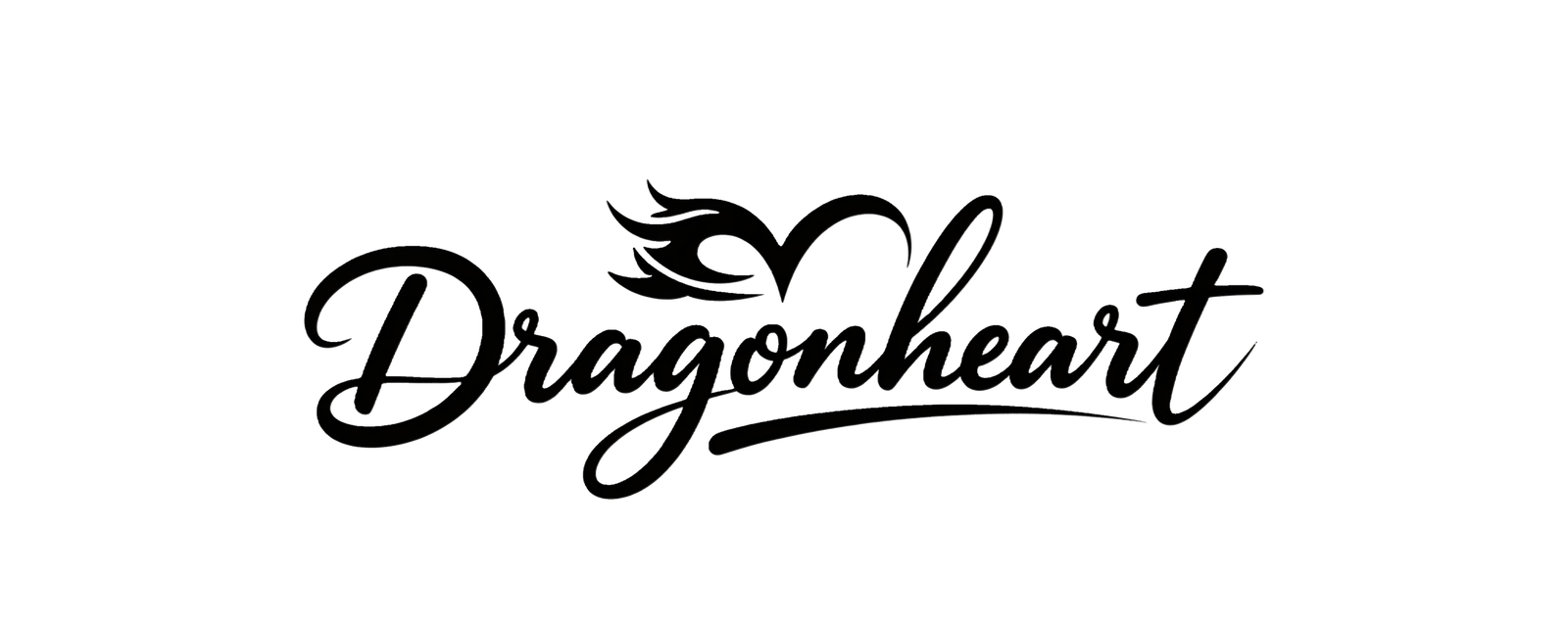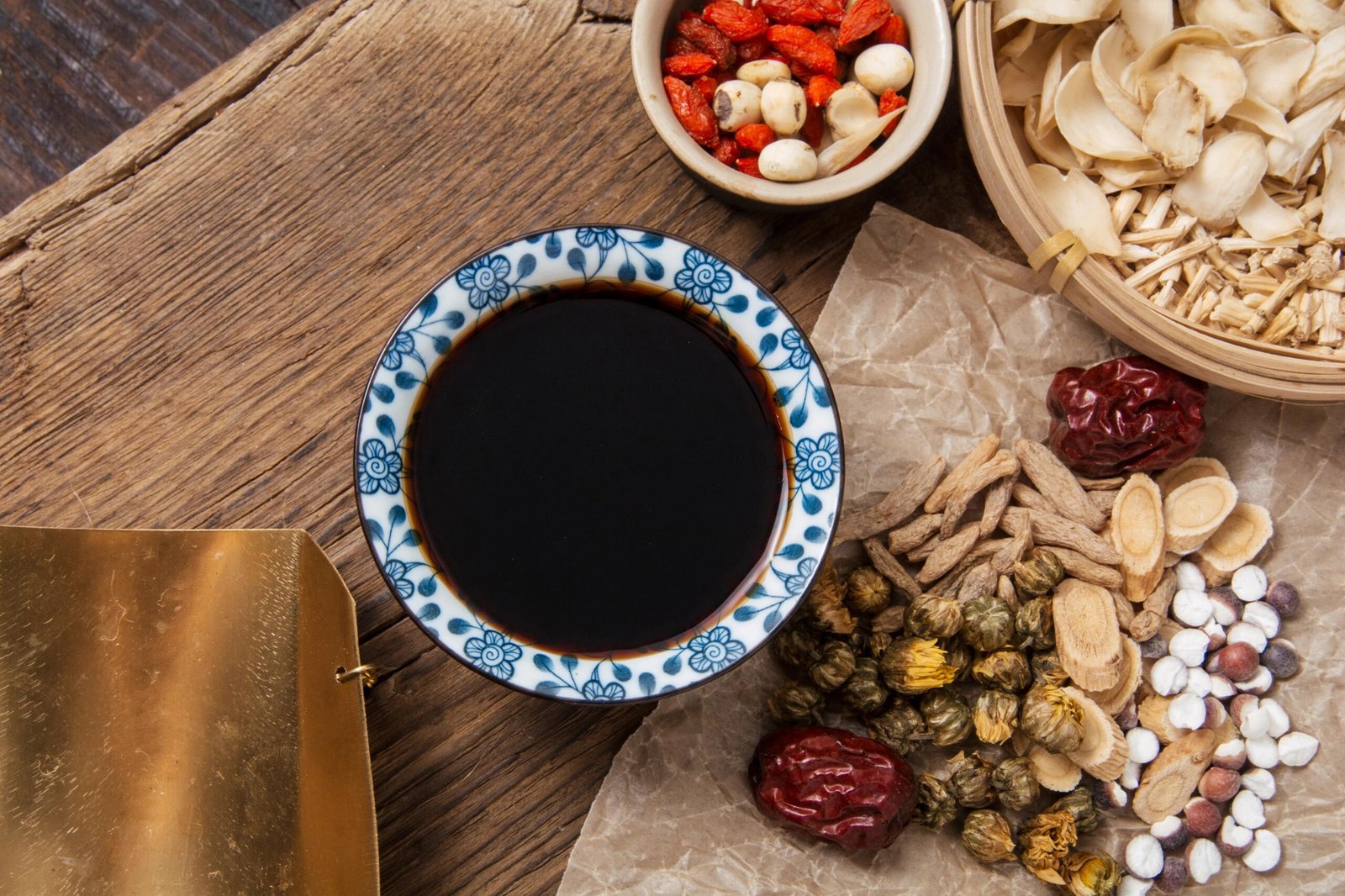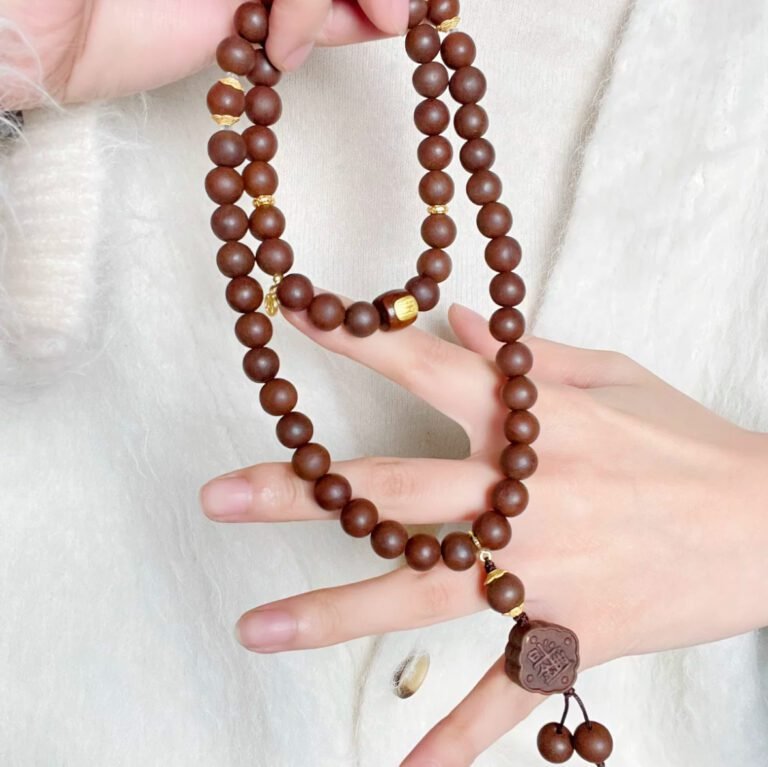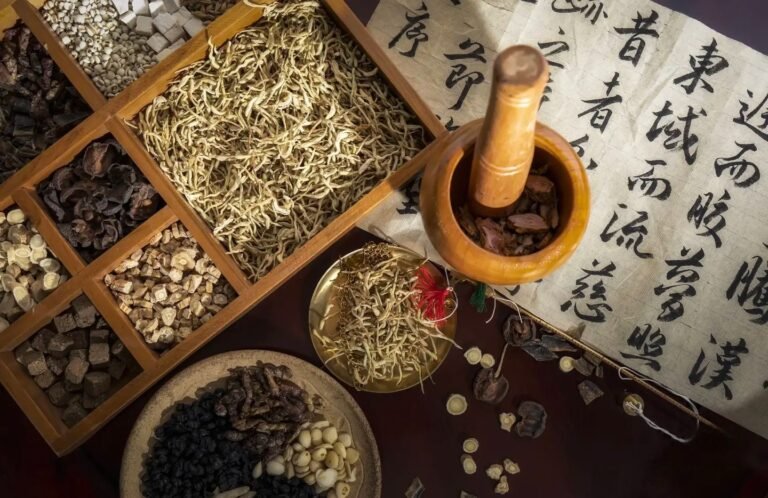Healing in a Time of Anxiety: Why the West is Listening
“I don’t need to be fixed. I just want to feel like myself again.”
That sentence has echoed across clinics, yoga studios, kitchens, and therapists’ offices across the West over the last few years. As anxiety spreads like a slow fog—quiet but suffocating—many people are turning to something they never thought they’d consider: Chinese medicine.
This isn’t some sudden trend fueled by Instagram infographics or jade roller kits. It’s something quieter, more personal. A subtle shift away from interventions that promise instant fixes, toward practices that speak to something deeper: rhythm, rest, remembrance.
In cities like Berlin, Oakland, Zurich, and Brooklyn, people are not just trying Chinese medicine. They’re feeling seen by it.
Here are their stories.
🌿 Christoph — The Berlin founder who just wanted his brain back
“I wasn’t depressed. I wasn’t sick. I was just… gone. Like, mentally vacant.”
Christoph, 38, runs a Berlin-based startup. When his second company got funded, he was also surviving on caffeine, shallow sleep, and an endless sense of internal static. Nothing helped. Supplements. Ice baths. Biohacks. Nada.
“My therapist said burnout. My doctor said I was ‘fine.’ But I knew I wasn’t fine. I felt like I was living in low resolution.”
A friend recommended Chinese medicine—not for a cure, but for a reset. The practitioner didn’t ask about code or KPIs. She asked about his dreams. His digestion. His temperature at night.
She called it “Heart and Spleen Qi deficiency.” He didn’t know what that meant, but started a daily tea anyway: Long Yan Rou, Yuan Zhi, Suan Zao Ren.
“It wasn’t a jolt like coffee. It was like… my nervous system slowly remembered how to function.”
Three weeks later, he could focus. He started dreaming again. Now, the tea sits by his laptop every morning, quietly doing its work.
🧘 Isabella — The therapist who serves herbs before she speaks
“My clients come to talk. But sometimes what they really need is to breathe.”
Isabella is a psychotherapist in Oakland. She works with clients navigating anxiety, trauma, and burnout. She started noticing that even before a session began, her clients were already “bracing”—shoulders tense, breath short, speech fast.
So she added a new ritual: tea.
Not a peppermint bag from the store—but a hand-blended infusion of Bai He, He Huan Pi, Fu Shen from a nearby Chinese herbalist. She serves it warm, without explanation, at the start of each session.
“I don’t tell them it’ll calm their Shen or open the Heart channel. I just let them drink.”
And they do. And then they talk. But slower. Softer. Sometimes, they cry before a word is spoken.
“It’s like they finally exhale.”
🛏️ Erin — A new mom in Zurich who needed to come back to herself
“I wasn’t bonding with my baby. I wasn’t even bonding with my own body.”
Erin had her first child last year. The birth was smooth. The aftermath wasn’t. She felt invisible. Numb. Hollowed out by sleeplessness, pressure, and a strange emotional drift she couldn’t name.
“Everyone said it was just hormones. But weeks passed. I still didn’t feel… there.”
Her OB offered antidepressants. Erin hesitated—not because she was against them, but because they didn’t feel like the whole answer. Then a friend gave her a booklet on postpartum care in Traditional Chinese Medicine.
She found a quiet clinic in Zurich. The doctor asked unusual questions: about the color of her tongue, the taste in her mouth, and the cold in her feet. He told her she had “Blood and Heart Qi deficiency.”
He gave her a tea—Gui Pi Tang, rich with Dang Gui, Huang Qi, Long Yan Rou. Also, daily moxibustion—a traditional warming therapy using mugwort over her abdomen.
“It wasn’t a miracle. But after a week, I cried. Because I felt something. A return.”
She still drinks the tea every night, even as her baby now sleeps through.
🌍 So… why is the West listening now?
These aren’t isolated stories. They’re becoming a chorus.
In London, a startup uses Chinese herbs to help staff manage creative fatigue. In Brooklyn, yoga teachers prepare herbal tonics for insomnia. In Copenhagen, acupuncture clinics offer “seasonal detox packages” rooted in the Chinese calendar.
They’re not treating diseases. They’re treating disconnection from the body, from rest, from cycles that matter.
Chinese medicine doesn’t offer magic. It offers metaphor, context, and care. It says: you’re not broken. You’re just out of balance. And we can work with that.
🪷 Start where you are
No need to believe in meridians or memorize formulas. Start with something simple:
- A warm herbal tea instead of cold smoothies.
- A short foot soak at night with ginger.
- Observing how your energy shifts with the seasons.
Or maybe, just maybe—let yourself sit still long enough to hear your body whisper: “thank you.”

 Er Su Jiu Ju | Handmade TCM Incense Pills for Calm & Focus | Sandalwood & Amber | DragonHeart
Er Su Jiu Ju | Handmade TCM Incense Pills for Calm & Focus | Sandalwood & Amber | DragonHeart 




